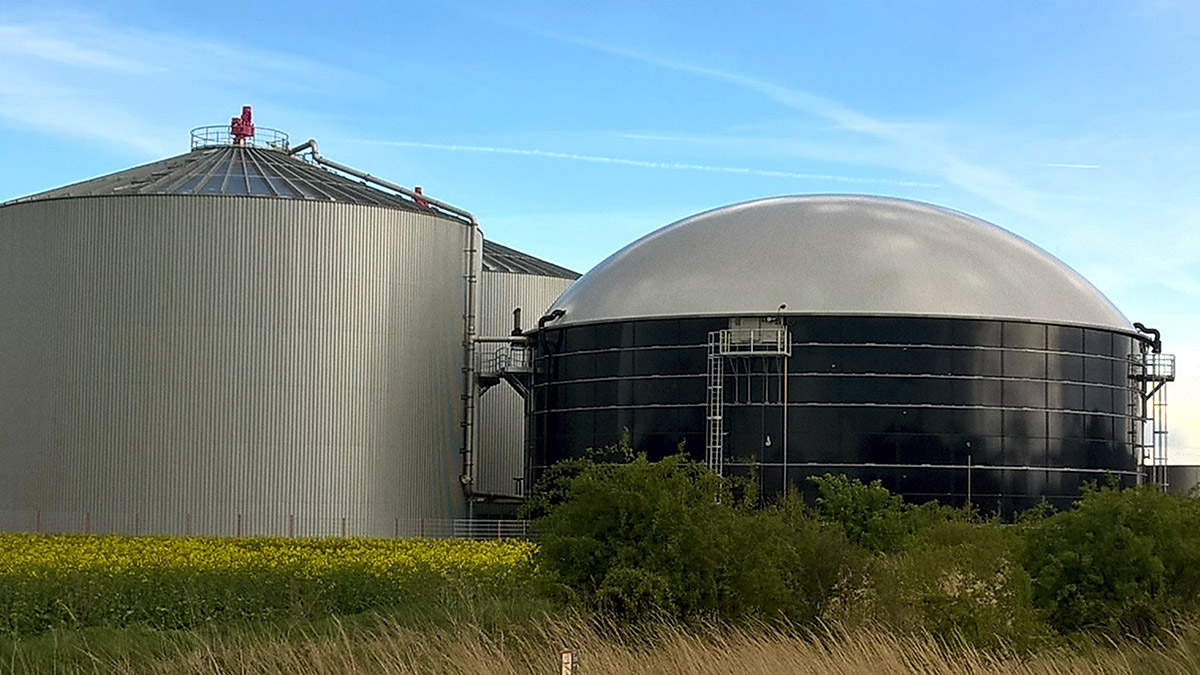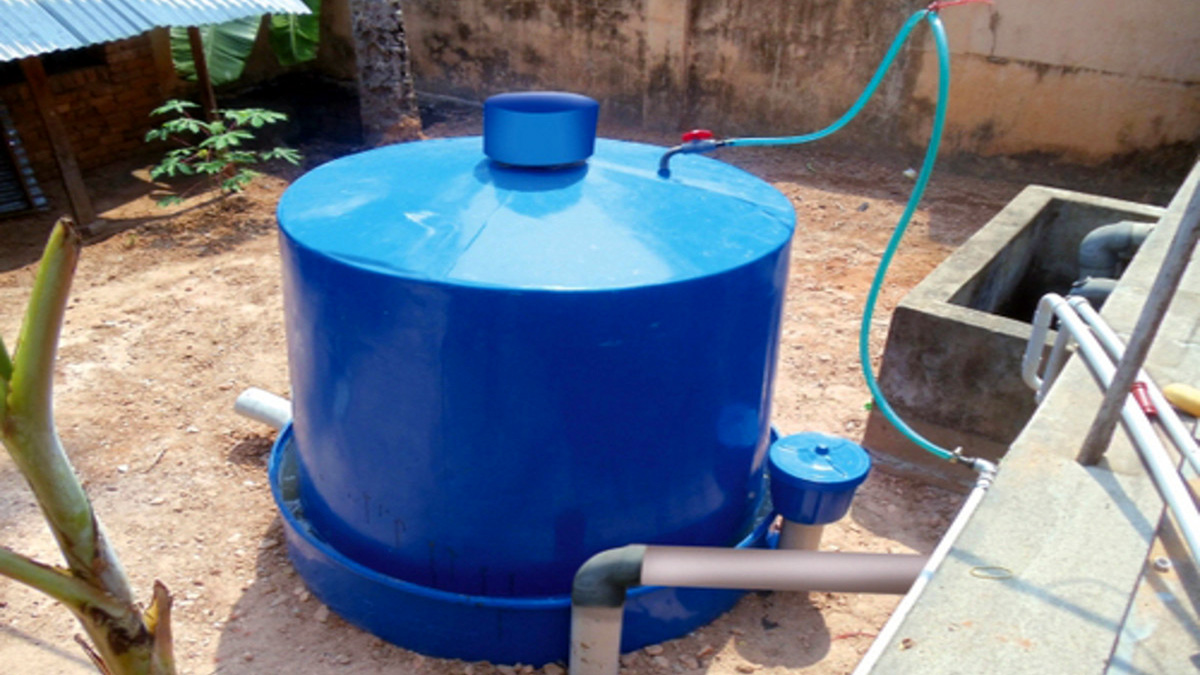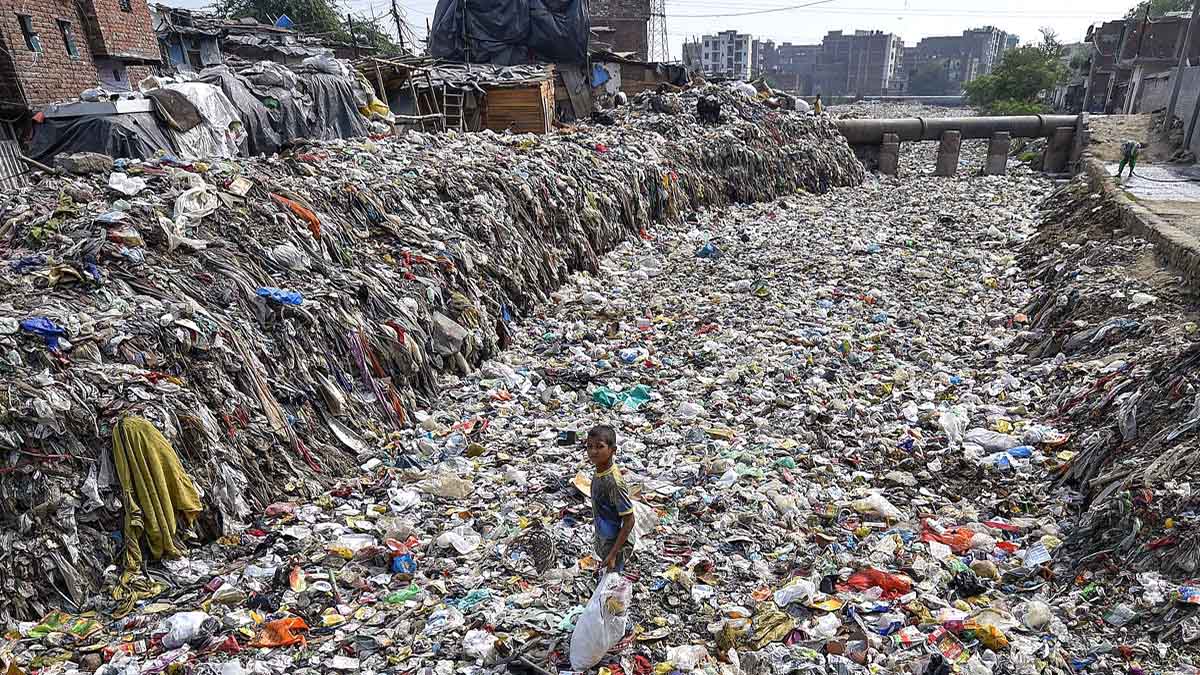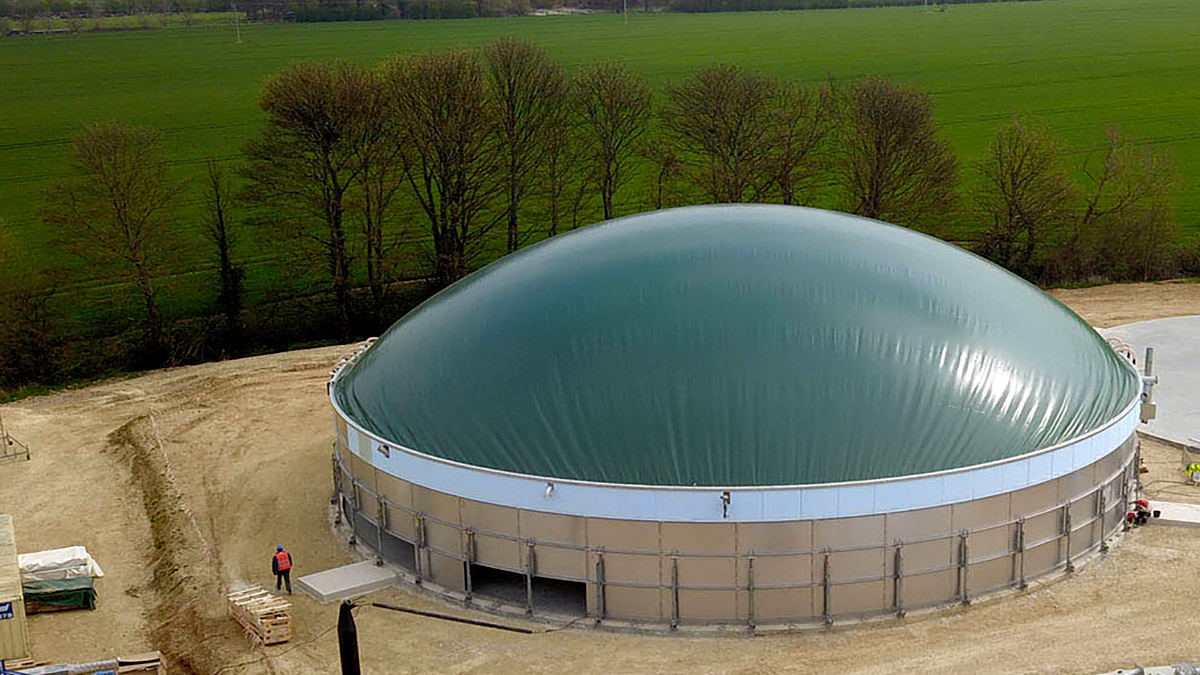The Indian Biogas Association has asked the Ministry of New & Renewable Energy (MNRE) to continue the waste to energy scheme through central financial assistance.
Highlighting the challenges faced by the biogas, bio-CNG projects, Indian Biogas Association President A R Shukla said that a proper push is needed from the government by supporting projects with Central Financial Assistance programme.
With three distinct outputs of ‘Biogas/CBG/bio-CNG projects/plants, they work as scientific waste treatment and pollution abatement plants, organic fertiliser production plants, and gaseous fuel generation plants. Unfortunately, the subsidy part is still not clear for the ongoing financial year, Shukla said.
“If all of the country’s biogas potential could be unlocked, the distinct output shall result from the annual production of 62 million metric tonnes of Bio-CNG along with 658 million tonnes of organic fertilizer. The direct impact would include a reduction in fossil fuel import (by around 35% of imported crude oil) and synthetic fertiliser import (roughly 27% of imported N, P, K fertilizers),” he further said.
The government is targeting to facilitate setting up of 5,000 plants by 2023. The projects can be fast tracked if the state policy can further support the concept with ground level implementation e.g., by allowing agricultural land to be used for the Bio-CNG plant, which is already the case with some states like Haryana, the IBA said.
With ₹20,000 crore subsidies, the government will be able to reduce the import bill in various fossil fuels and synthetic fertilizer imports worth ₹1.1 lakh crore y-o-y, post the commissioning of these projects.
As per the latest relevant notification dated February 28, 2020, in 2019-20, around ₹478 crore for 257 MWeq was allocated under the CFA grants, IBA stated.
Unambiguously, this allocated amount was way too less than the CFA/subsidy needed to achieve the envisaged target under the SATAT (Sustainable Alternative Towards Affordable Transportation) initiative, it pointed out.








